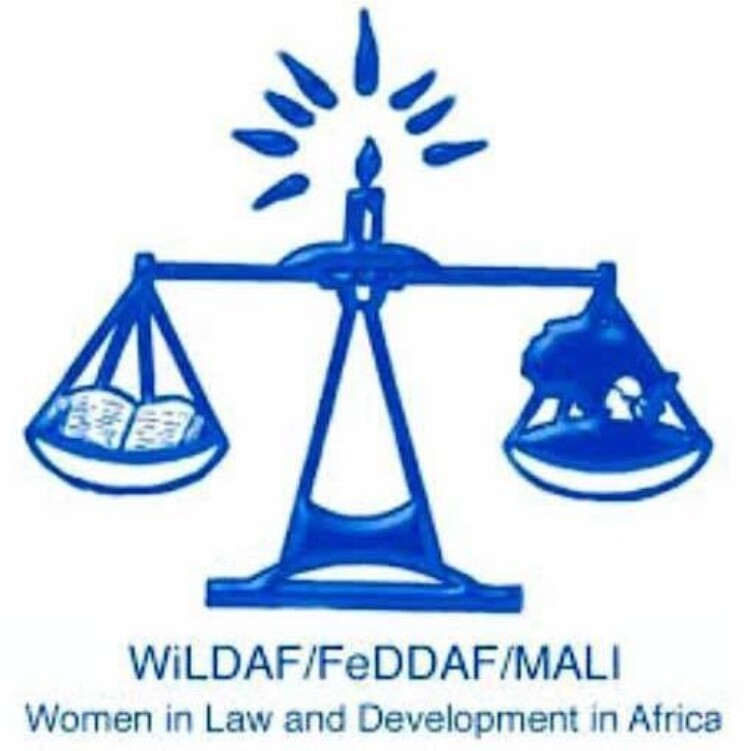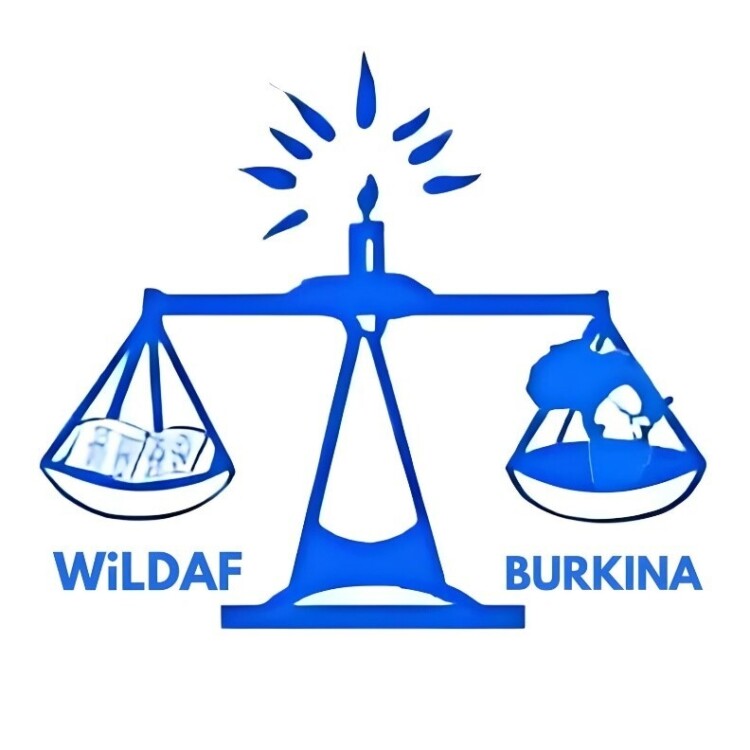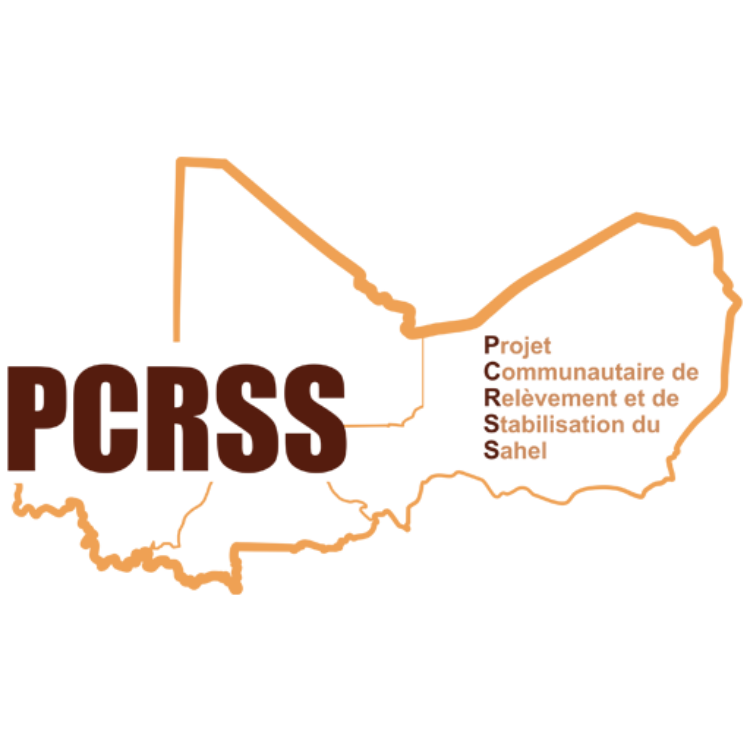
Ongoing project
Ecosystem Resilience and Women's Leadership in the Sahel (RÉELS)
April 2023 to March 2028
$30,000,000 CAD
Global Affairs Canada (CECI's contribution: 1.5 millions)
1,056,204 women
The REELS project aims to support women and their communities in adapting to climate change. It directly impacts over 700,000 women and 300,000 men in Burkina Faso, Mali, and Niger. Designed and implemented by CECI in close collaboration with the Community Stabilization and Recovery Project in the Sahel, it would not have been possible without its partners. These include the International Union for Conservation of Nature (IUCN), the World Agroforestry Centre (ICRAF), and Women in Law and Development Burkina Faso / Mali / Niger (WILDAF).
The REELS project aims to reduce women's vulnerability to climate change by developing their leadership and promoting more sustainable and adapted agroforestry techniques. These practices enhance the resilience of ecosystems in the Sudano-Sahelian zone of the Liptako-Gourma, thereby contributing to food security and gender equality in the region.
Ecosystem Conservation
Women's Resilience to the Effects of Climate Change
Droughts, floods, and other extreme weather events affect the entire Sudano-Sahelian ecosystem. Vulnerability assessments, particularly by the International Union for Conservation of Nature (IUCN), show limited adaptation capacity in the region. Climate change significantly impacts the Liptako-Gourma area, fueling local conflicts.
Women bear the acute consequences. Droughts and floods reduce agricultural and forestry yields. Their lands, already marginal, are at higher risk. They also must travel farther to gather firewood. As this project progresses, local communities are encouraged to change practices to promote soil and ecosystem restoration and conservation. Greater ecosystem resilience helps mitigate local conflicts and ensures better food security.
Meaningful Results
The Impact of the REELS Project is Tangible. Dozens of Organizations and Thousands of People are Engaged in this Project.
32
local partner organizations
2,375,439
people affected, directly and indirectly
151,820
internally displaced persons (IDPs) directly involved
Our Partners
Thank you to our financial and implementation partners without whom this project could not be achieved













